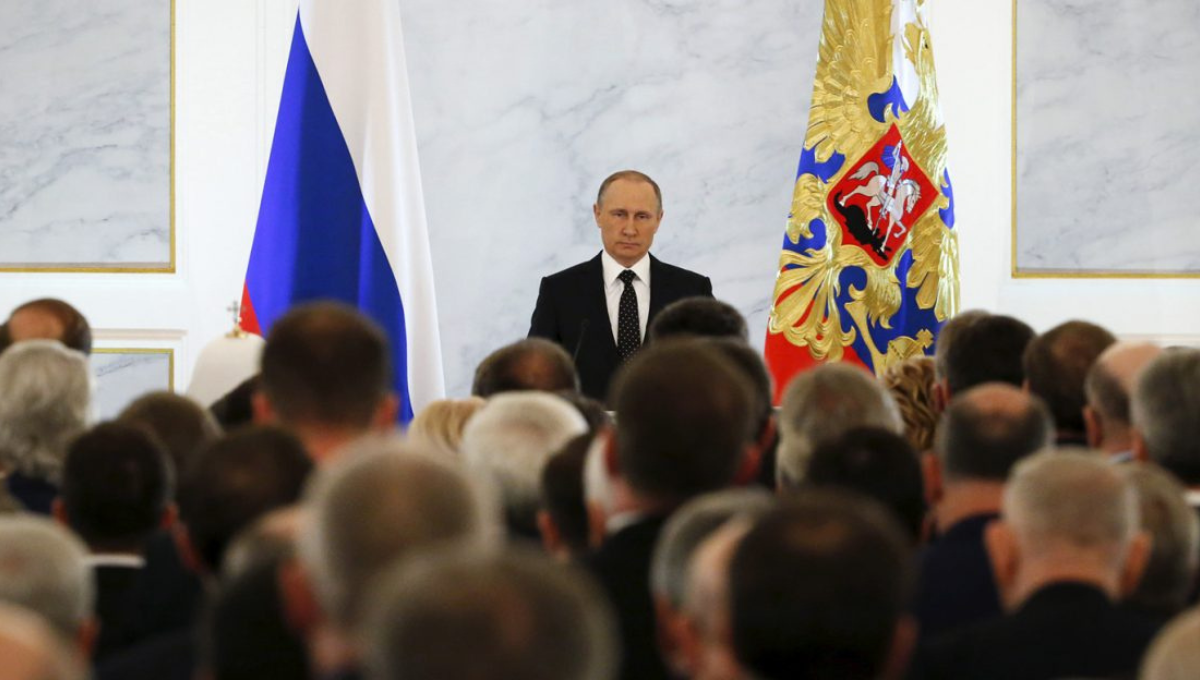Leaked secret records have exposed a vast and complex offshore financial network connected to Russian President Vladimir Putin, revealing how billions of dollars have been shuffled through a clandestine system of banks and shadow companies associated with him and his close circle. This covert money network, detailed in documents leaked from the Panama-based law firm Mossack Fonseca, shows the intricate financial dealings and power structures operated by Putin’s loyalists and longtime associates.
The revelations come from a trove of over 11.5 million documents, widely known as the Panama Papers, which include 2.6 terabytes of data comprising emails, bank forms, loan agreements, share transactions, and passport copies. These secret files shed light on how a tight fraternity of Putin confidants, many intertwined by deep personal and historic ties dating back to their days in St. Petersburg (formerly Leningrad), have established offshore companies and conducted complex deals to hide and move wealth out of public view. The network is described as having shuffled at least $2 billion through banks and offshore entities, facilitated by an array of disguised payments, backdated documents, dubious financial penalties, and loans exchanged below market value, effectively channeling money to people and companies loyal to Putin.
Key figures in this network include Sergey Roldugin, a world-class cellist and Putin’s close friend, who has emerged as a behind-the-scenes player and godfather to Putin’s eldest daughter. Roldugin secretly co-owned multiple offshore companies founded between 2007 and 2008, with documents including his passport and signed contracts among the leaked files. These offshore companies accumulated wealth through various suspicious methods, such as fake deals, never repaid loans from a Russian government-backed bank, and phantom compensation payments.
Roldugin’s companies were managed by staff at Bank Rossiya, a St. Petersburg-based financial institution described by U.S. officials as “Putin’s personal cashbox.” Bank Rossiya employees played a central role in creating and managing these offshore firms, assigning ownership to putative proxies, overseeing transactions through banks not only in Russia but Cyprus and Switzerland as well. The bank acted as a financial hub for the network, supporting its sprawling offshore interests on behalf of Putin’s circle.
Another prominent name revealed is Yury Kovalchuk, a banker who formed ties with Putin when he was a municipal official in St. Petersburg. Likewise, billionaire businessmen Arkady and Boris Rotenberg, childhood friends of Putin, are implicated as important beneficiaries of the network. Arkady Rotenberg, for instance, has become a billionaire through lucrative state contracts for construction and oil pipelines, and his offshore companies made large payments into the network. These individuals share not only business interests but the longstanding loyalty and mutual protection afforded by their close historical relationship with Putin.
The economic model of this network appears to have roots in the 1990s St. Petersburg era when Putin and the Bank Rossiya owners formed a cooperative gated community with a shared bank account that functioned as a collective fund. This arrangement symbolized a mutual financial understanding where any member could contribute or withdraw funds, establishing a precedent for the opaque financial dealings that later grew into the offshore web.
Despite the extensive documentation, Vladimir Putin’s own name is notably absent from the leaked files themselves, likely reflecting deliberate obfuscation and use of proxies. Witness testimonies and even private conversations among Putin’s closest allies suggest they avoid naming him directly when discussing financial affairs, sometimes using pseudonyms or cryptic gestures. Yet experts and political analysts conclude that it is impossible for such a vast and systematically operated network to function without Putin’s knowledge and approval. Karen Dawisha, a political scientist specializing in Putin’s regime, stated, “He takes what he wants. When you are the president of Russia you don’t need a written contract. You are the law”.
Additional investigations have linked the secret money network to other oligarchs connected to Putin, such as Roman Abramovich, the former Chelsea Football Club owner, who is alleged to have been part of secret deals transferring assets worth millions to Putin’s close confidants. Leaked documents from Cyprus reveal a covert $40 million deal in 2010 where shares in a lucrative Russian advertising company were transferred at undervalued prices to members of Putin’s inner circle, who then received millions in dividends.
The scale and sophistication of this financial architecture underline the intricate blending of political power and private wealth within Putin’s Russia. By leveraging offshore havens such as the British Virgin Islands and Cyprus along with banking systems in Switzerland and beyond, this network exemplifies modern kleptocracy’s use of globalized finance to conceal and protect assets.
The exposure of this network has triggered global concern and underscored the challenges of tracing and curbing illicit financial flows linked to powerful political figures. It also contextualizes patterns of corruption and elite enrichment reportedly widespread within Putin’s administration and inner circle. The documents, as reported, have been pivotal in understanding how money and power circulate in Russia at the highest levels and provide unprecedented proof of the financial mechanisms sustaining Putin’s grip on authority.
In summary, secret records from the Mossack Fonseca leak reveal a sophisticated, multi-billion dollar offshore financial network tied closely to Vladimir Putin through proxies and lifelong allies. This network operates through Bank Rossiya and a cadre of trusted businessmen, using convoluted financial maneuvers to shuffle vast sums covertly. While Putin’s name does not appear publicly in the documents, experts agree such a system could not exist without his sanction. The revelations advance global knowledge on Russia’s shadow financial dealings, revealing the hidden structures that intertwine political influence and secret wealth accumulation


